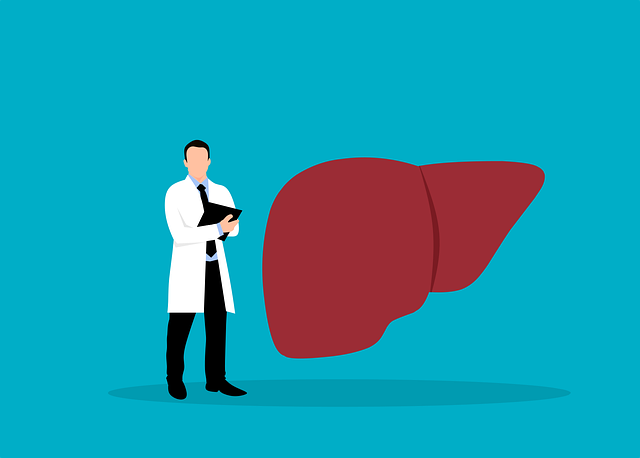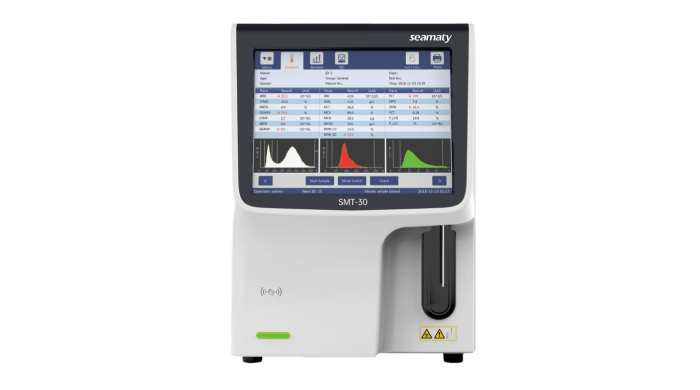The kidney is an important organ of the human body. Its basic function is to produce urine, which is used to remove metabolites and certain waste products and toxins from the body. The kidney also has an endocrine function, producing renin, erythropoietin, active vitamin D3, prostaglandins, kinins, etc. It is also a degradation site for some of the body's endocrine hormones and a target organ for extra-renal hormones. These functions of the kidneys ensure the stability of the internal environment of the body and enable normal metabolism.
Since the kidneys have such an important role for the human body, it is especially important to take care of their health. Because there are many diseases that are related to kidney. Therefore, a good kidney function test is an important tool to protect the kidneys.
Biochemistry analyzer is a common equipment used to test kidney function, and there are mainly the following aspects about kidney function testing.
1. Blood urea nitrogen (BUN)
The level of blood urea nitrogen is an important indicator to evaluate the glomerular filtration function. Urea nitrogen is a compound containing nitrogen, which is filtered from the glomerulus and excreted out of the body.Reference value of urea nitrogen: 2.86-7.14 mmol/L.
Elevated urea nitrogen is called azotemia. This is seen in renal insufficiency, but is less sensitive as it is seen only when the glomerular filtration rate (GFR) is reduced by up to 50%.
2. Urinary creatinine
Normal values of urine creatinine: infants 88-176 μmmol-kg-1/d; children 44-353 μmol-kg-1/d; adults 7-18 mmol/d. Urine creatinine is also an indicator to evaluate the health status of kidney function. Patients with urine creatinine should prevent colds and flu, control diet and emotions, don't strain, and control blood pressure and blood sugar in their life.
The common illnesses that increase and decrease urine creatinine are
Increase: starvation, fever, acute and chronic wasting diseases, etc.
Decrease: renal failure, myasthenia gravis, anemia, leukemia, etc.
3. Blood uric acid
Blood uric acid is the product of oxidative decomposition of nucleic acid in the body during the metabolism of old cells, and also foods, especially purine-rich foods (such as animal offal, seafood, etc.). The diseases caused by the increase of blood uric acid are generally gout, acute and chronic leukemia, multiple myeloma, pernicious anemia, renal failure, liver failure, erythrocytosis, pregnancy reaction, etc.
4. Blood urea
Blood urea test is an auxiliary test used to check whether the urinary function is normal. The production of blood urea is influenced by many factors. Such as high protein diet, gastrointestinal bleeding, trauma, infection, fever, malnutrition, etc.
Conditions caused by increased blood urea include acute and chronic nephritis, severe pyelonephritis, acute and chronic renal dysfunction due to various causes, heart failure, shock, burns, water loss, massive internal bleeding, hyperaldosteronism, prostate hypertrophy, chronic urinary tract obstruction, etc.

Summary
Kidney is an important organ of human body, and the formation of many diseases are related to kidney. Therefore, in daily life, if there are patients who encounter similar to the above diseases, they should go to the hospital to check the health status of kidney function in time. Biochemical analyzer is now a common clinical examination equipment for kidney organs. Seamaty biochemical analyzer can detect important test items such as liver function, blood sugar, blood lipids, cardiac enzymes and ions in addition to the health of kidney. Biochemistry analyzer is now one of the necessary equipment in the clinical laboratory.



